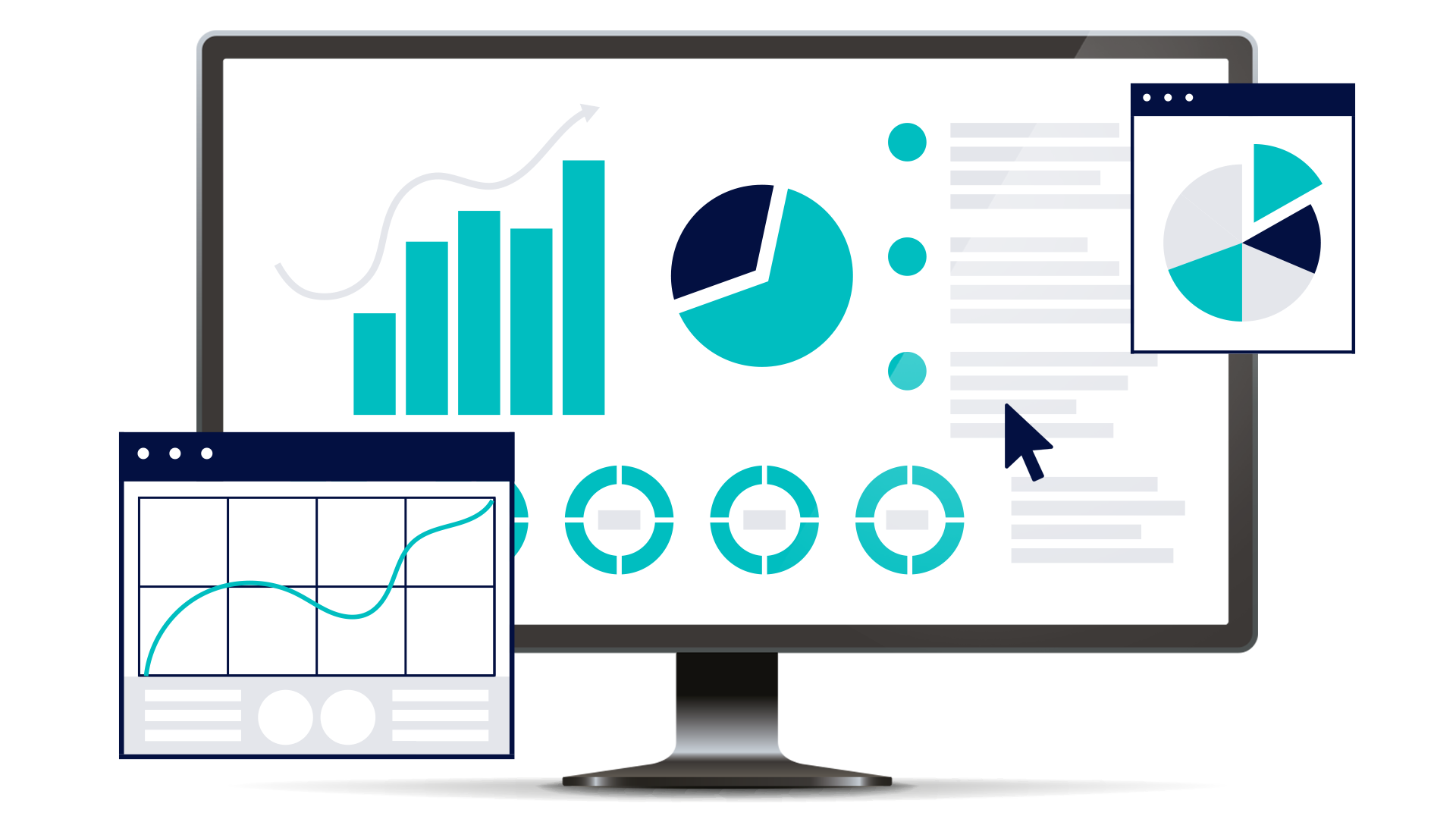What is a DMP?
DMPs explained...

A Data Management Platform (DMP), as the name suggests, is a software platform used for the collection and management of data.
DMPs allow businesses like us to identify audiences and be able to segment them, which means we can target specific users when it comes to advertising campaigns.
To break it down further, a DMP can be seen as a warehouse of data, collected from users that interact and engage with website content.
How does a DMP work?
So we know what DMP stands for, but how does it actually work? When a user interacts with your website, a DMP collects information about their usage. It then begins to sort through all of the data it has collected around thousands of interactions and from its many sources, and it then sorts and stores that data into valuable and contextual segments.
With this sorting, it can show us many things, such as trends and insights around those segments of audiences. It can also build a picture of what an audience looks like, with regards to what their interests are, and what they are more likely to interact with.
This means that when ads land on your site, they have been tailored to the needs or wants of an audience segment and, in most cases, the viewer will find them of interest.
Who uses this information?
Many marketers and agencies use DMPs to support them in targeting users that match a specific demographic, or a “user base”, through online advertising.
For example, say a marketing team wants to target players who are most interested in playing MMOs. A DMP will have worked with the information it already has, and continues to collect, to help establish a segment of individuals that are interested in MMOs.
This information is collected from ads they may click, articles they may read that are specifically MMO based, and general keyword searches, etc. Once a DMP has established this segment, the marketing team will have an overall understanding of the size of the audience they can market to, and will proceed to showcase their content to said audiences via their website, articles, and advertising, in the hope that the aforementioned segment will find it of interest!
So what does this mean for a site owner?
As we’ve established, using a DMP enables us to more accurately target audiences by interest, which can mean a few things:
- Increased site revenue for site owners! Tailoring content/advertising by interest can see an increase in overall engagement, and it can also increase brand recognition and ultimately result in a higher conversion rate.
- It can streamline your data and with the information gathered – it can help to optimise campaigns, design assets, and get the information you want your viewers to see, in front of them at the right time.
- It can also support the adoption of new audiences and individuals, as we can understand trends and insights, which can then help to impact a site’s overall content plan.
For any further information about DMPs, or if you’d just like a chat, get in touch with us here.

